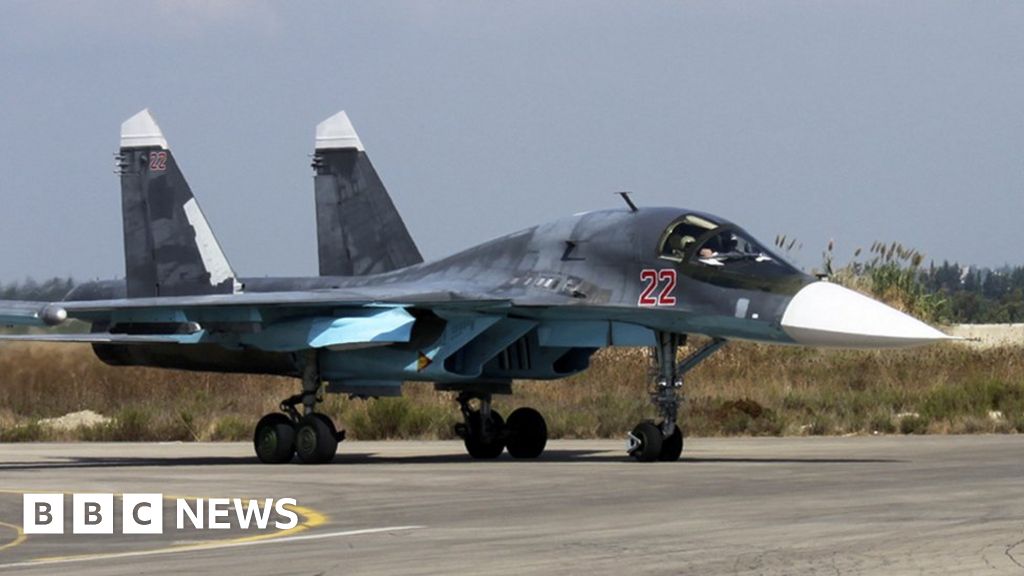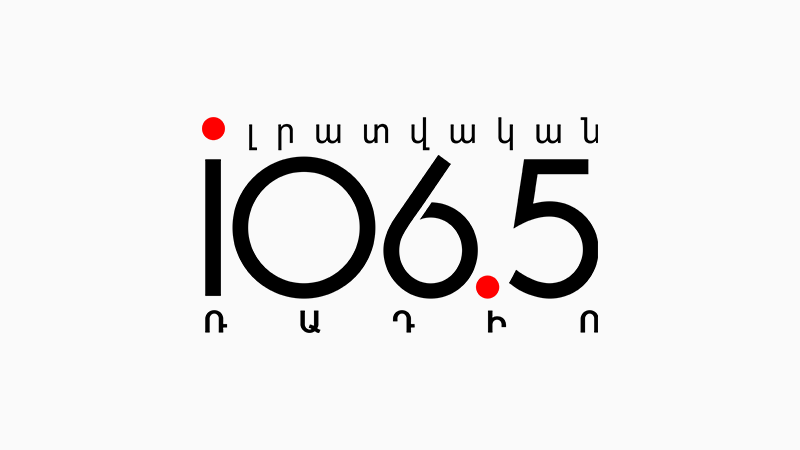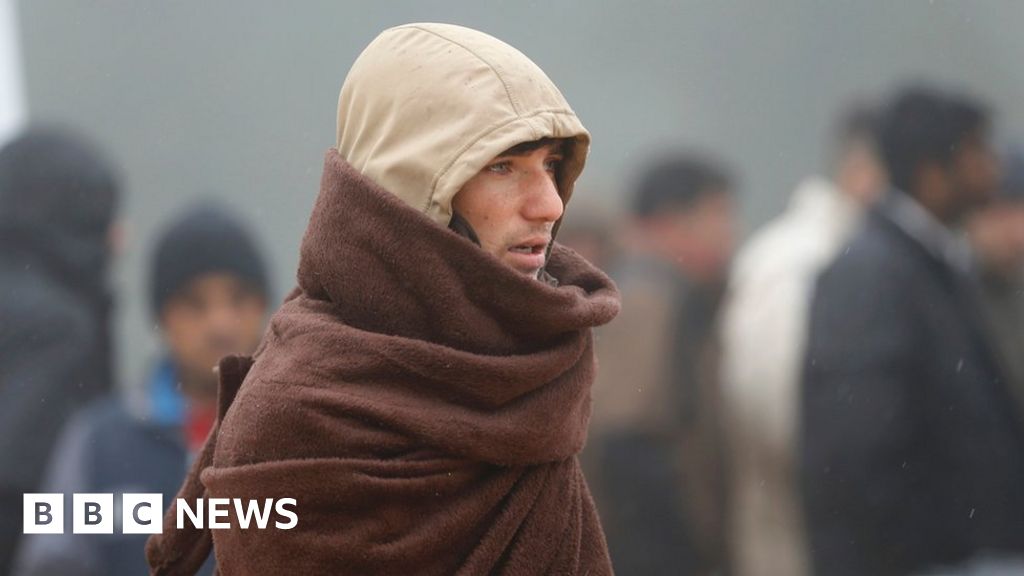Re: Regional geopolitics
Syria crisis: Russia's strategy and endgame?
By Jonathan Marcus
BBC
Diplomatic correspondent
8 October 2015
Russia's air campaign in Syria has been under way for a little over a week, and it is now possible to begin to analyse what it is achieving, what weaponry is being used and where it may be heading.
Already there are indications that the initial phase is over and that Syrian government forces and their allies may be starting localised offensives on the ground with the support of Russian air power.
Ever since the first build-up of Russian forces in Latakia, US-based analyst Michael Kofman, of the CNA Corporation and a scholar at the Kennan Institute, has been monitoring the air campaign closely. So, a week on, I asked him for his assessment. Given the number and tempo of Russian air attacks, could he deduce any clear pattern in terms of the nature of the targets and Moscow's broader strategic aims?
"Russia's operational tempo is about 20 sorties per day, which is not that intense, but moderate, given the logistics they have in place," he told me. "The targets are known weapon storage areas, ammunition dumps, production facilities, and any command-and-control infrastructure that Syrian intelligence is aware of."
Russia is also softening up opposition forces by eliminating conventional weapons such as tanks, armoured personnel carriers and rocket artillery that they have captured from the Syrian army.
The targets are largely the coalition of groups under al-Nusra Front, to the north by Idlib and Aleppo, along with various rebel groups supported by members of the US coalition near Homs and Hama, to the east of Syrian government positions.
"These are the primary threats to Assad, and the areas where Syrian ground counter-offensives are likely to take place," Kofman says. "The campaign is therefore a softening of these groups and elimination of their weapon caches."
Of course one of the most contentious aspects of the Russian air campaign is precisely who Russian bombs and missiles are targeting? Russia says on the one hand it is attacking the so-called Islamic State (IS), but on the other what it terms a variety of "terrorist" groups.
map
So to what extent is Russia hitting IS?
Michael Kofman is sceptical. "It seems that what strikes have been carried out against IS targets are simply for appearance and to buy credibility for the overall air campaign. The focus of the Russian attacks is on forces immediately in proximity to the Syrian army, which do not belong to IS."
He also thinks that the initial, or softening-up, phase of the air campaign may be shifting to one where Russian air power is used to assist Syrian government forces on the ground.
"All the indications are that a combined Syrian, Iranian and perhaps Hezbollah force will be attacking to retake territory."
Another controversial aspect of the Russian air campaign is the munitions that it is using. By and large, recent Western air campaigns have relied heavily on precision-guided munitions to try to avoid unnecessary civilian casualties. (It should be noted, as the recent US attack on a hospital in Afghanistan shows, even with precision weapons things can still go badly wrong.)
Kofman notes that the predominant munitions being used by the Russians in Syria are "dumb bombs being dropped from medium altitude, although there is a great deal of variation".
These are of various types: "From the most generic FAB-500 bomb, to high fragmentation OFAB 250-270, to bunker busting BETAB-M bombs and anti-tank cluster munitions such as the RBK-500 SPBE-D."
He says that only a low percentage of precision-guided munitions are being used - perhaps 15-20% of the strikes involve weapons "such as the satellite-guided KAB-500S and laser-guided missiles of the Kh-29ML type".
"Russia's most modern tactical strike aircraft, the Su-34, appears to be flying with the satellite-guided bombs, while older aircraft like the Su-24M2 seem to be using primarily unguided weapons but also some laser-guided missiles," he says.
In the last few days, Russia has also begun to use long-range cruise missiles fired from warships in the Caspian Sea. Like many other Western analysts, Michael Kofman believes that there was a large element of bravado here.
"It was a demonstration of long-range precision attack capability, to show they have some parity with the US, and of course a publicity coup. There was no tangible military necessity for launching pricey missiles over 1,500 km from the Caspian, especially since Russia has already tested this missile's operation previously with the Caspian Flotilla. The strike was a show, and an effective one, but the same results could easily have been achieved with Russian aviation in place."
What then of the wider Russian strategy? Kofman believes this can already be discerned and that there is a clear goal for the next several months, though "it is not a fully fleshed out and thought-through strategy. A counter-offensive by Syrian forces is expected, and Russian aviation will support this campaign, but it has limited goals.
"Most likely the Syrian army will seek to regain some of the recently lost territory, and then hold it with Iranian and Russian support."
But this he believes will inevitably increase tensions between Russia and the West, and with the West's Gulf allies.
"This will entail the defeat of fighters backed by the US, and its coalition allies, leaving the only alternatives to Assad as the Islamic State and al-Nusra Front.
"I suspect this is precisely what Russia is after, eliminating the immediate threat to the Syrian army, leaving no sensible opposition to Assad, while legitimating his forces as part of an anti-IS coalition.
"Further down the line, Russia will likely seek European support for a new political process, and try to force the US to come on board, as a vehicle for accepting Assad staying in power in the near term."
One of the great paradoxes of the current situation he notes is that "a more robust American campaign against IS is complimentary with Russian objectives, and a win-win scenario for Assad.
"Ultimately, Russia and Iran have secured their position in Syria. Assad or no Assad, the West will have to deal with Russia directly, and most likely as an equal, in settlement to the Syrian conflict."
Syria crisis: Russia's strategy and endgame?
By Jonathan Marcus
BBC
Diplomatic correspondent
8 October 2015
Russia's air campaign in Syria has been under way for a little over a week, and it is now possible to begin to analyse what it is achieving, what weaponry is being used and where it may be heading.
Already there are indications that the initial phase is over and that Syrian government forces and their allies may be starting localised offensives on the ground with the support of Russian air power.
Ever since the first build-up of Russian forces in Latakia, US-based analyst Michael Kofman, of the CNA Corporation and a scholar at the Kennan Institute, has been monitoring the air campaign closely. So, a week on, I asked him for his assessment. Given the number and tempo of Russian air attacks, could he deduce any clear pattern in terms of the nature of the targets and Moscow's broader strategic aims?
"Russia's operational tempo is about 20 sorties per day, which is not that intense, but moderate, given the logistics they have in place," he told me. "The targets are known weapon storage areas, ammunition dumps, production facilities, and any command-and-control infrastructure that Syrian intelligence is aware of."
Russia is also softening up opposition forces by eliminating conventional weapons such as tanks, armoured personnel carriers and rocket artillery that they have captured from the Syrian army.
The targets are largely the coalition of groups under al-Nusra Front, to the north by Idlib and Aleppo, along with various rebel groups supported by members of the US coalition near Homs and Hama, to the east of Syrian government positions.
"These are the primary threats to Assad, and the areas where Syrian ground counter-offensives are likely to take place," Kofman says. "The campaign is therefore a softening of these groups and elimination of their weapon caches."
Of course one of the most contentious aspects of the Russian air campaign is precisely who Russian bombs and missiles are targeting? Russia says on the one hand it is attacking the so-called Islamic State (IS), but on the other what it terms a variety of "terrorist" groups.
map
So to what extent is Russia hitting IS?
Michael Kofman is sceptical. "It seems that what strikes have been carried out against IS targets are simply for appearance and to buy credibility for the overall air campaign. The focus of the Russian attacks is on forces immediately in proximity to the Syrian army, which do not belong to IS."
He also thinks that the initial, or softening-up, phase of the air campaign may be shifting to one where Russian air power is used to assist Syrian government forces on the ground.
"All the indications are that a combined Syrian, Iranian and perhaps Hezbollah force will be attacking to retake territory."
Another controversial aspect of the Russian air campaign is the munitions that it is using. By and large, recent Western air campaigns have relied heavily on precision-guided munitions to try to avoid unnecessary civilian casualties. (It should be noted, as the recent US attack on a hospital in Afghanistan shows, even with precision weapons things can still go badly wrong.)
Kofman notes that the predominant munitions being used by the Russians in Syria are "dumb bombs being dropped from medium altitude, although there is a great deal of variation".
These are of various types: "From the most generic FAB-500 bomb, to high fragmentation OFAB 250-270, to bunker busting BETAB-M bombs and anti-tank cluster munitions such as the RBK-500 SPBE-D."
He says that only a low percentage of precision-guided munitions are being used - perhaps 15-20% of the strikes involve weapons "such as the satellite-guided KAB-500S and laser-guided missiles of the Kh-29ML type".
"Russia's most modern tactical strike aircraft, the Su-34, appears to be flying with the satellite-guided bombs, while older aircraft like the Su-24M2 seem to be using primarily unguided weapons but also some laser-guided missiles," he says.
In the last few days, Russia has also begun to use long-range cruise missiles fired from warships in the Caspian Sea. Like many other Western analysts, Michael Kofman believes that there was a large element of bravado here.
"It was a demonstration of long-range precision attack capability, to show they have some parity with the US, and of course a publicity coup. There was no tangible military necessity for launching pricey missiles over 1,500 km from the Caspian, especially since Russia has already tested this missile's operation previously with the Caspian Flotilla. The strike was a show, and an effective one, but the same results could easily have been achieved with Russian aviation in place."
What then of the wider Russian strategy? Kofman believes this can already be discerned and that there is a clear goal for the next several months, though "it is not a fully fleshed out and thought-through strategy. A counter-offensive by Syrian forces is expected, and Russian aviation will support this campaign, but it has limited goals.
"Most likely the Syrian army will seek to regain some of the recently lost territory, and then hold it with Iranian and Russian support."
But this he believes will inevitably increase tensions between Russia and the West, and with the West's Gulf allies.
"This will entail the defeat of fighters backed by the US, and its coalition allies, leaving the only alternatives to Assad as the Islamic State and al-Nusra Front.
"I suspect this is precisely what Russia is after, eliminating the immediate threat to the Syrian army, leaving no sensible opposition to Assad, while legitimating his forces as part of an anti-IS coalition.
"Further down the line, Russia will likely seek European support for a new political process, and try to force the US to come on board, as a vehicle for accepting Assad staying in power in the near term."
One of the great paradoxes of the current situation he notes is that "a more robust American campaign against IS is complimentary with Russian objectives, and a win-win scenario for Assad.
"Ultimately, Russia and Iran have secured their position in Syria. Assad or no Assad, the West will have to deal with Russia directly, and most likely as an equal, in settlement to the Syrian conflict."













Comment